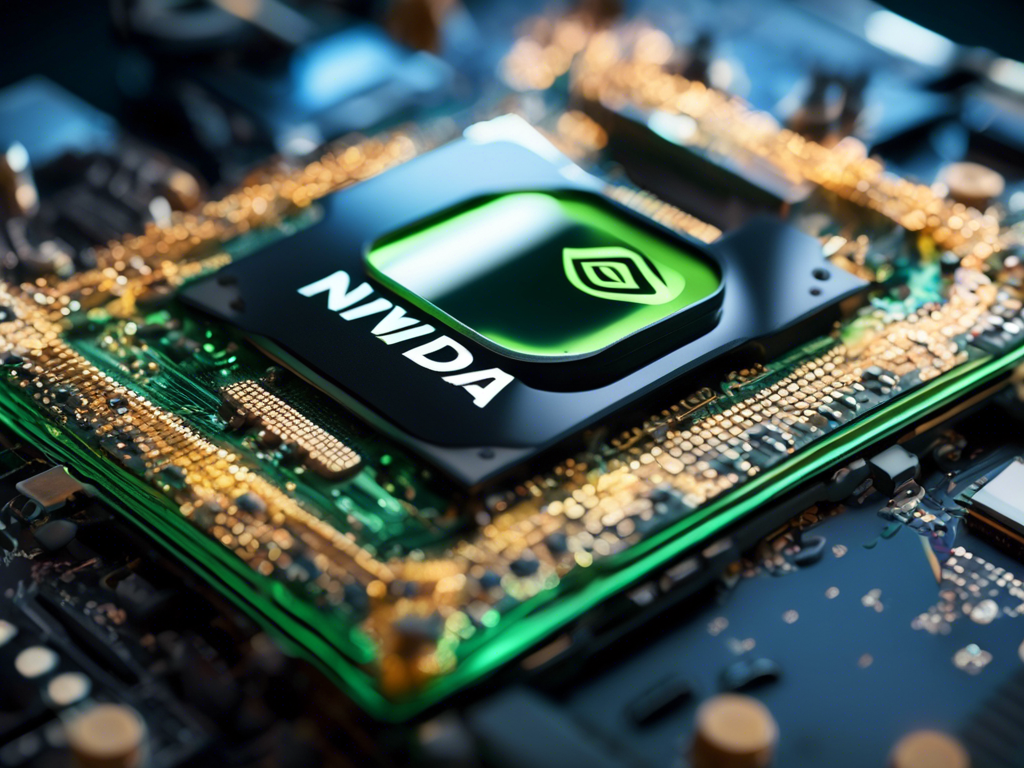Understanding The Impact of Artificial Intelligence on Elections
Artificial Intelligence (AI) has the potential to shape electoral processes around the world. The use of AI in elections poses both challenges and opportunities for democracy. This article delves into the implications of AI in elections, focusing on disinformation campaigns, deepfakes, and the role of technology companies in safeguarding the electoral process.
The Role of Artificial Intelligence in European Elections
European Parliamentary elections have garnered attention due to concerns about disinformation campaigns and the spread of fake news. While AI has the capability to enhance the efficiency of electoral processes, it also poses significant risks. Companies like Microsoft are investing in AI infrastructure to address these challenges and mitigate the spread of false information.
- AI’s limited use in European Parliamentary elections for disinformation campaigns
- Microsoft’s investment in AI and cloud infrastructure in Sweden
The Threat of Deepfakes in Elections
Deepfake technology has emerged as a potent tool for manipulating public opinion during elections. The spread of AI-generated deepfake videos can influence voter perceptions and undermine the integrity of the electoral process. Understanding the risks associated with deepfakes is essential to safeguarding the democratic principles of free and fair elections.
Implications of Deepfakes in India
- Incidents of deepfake videos targeting political figures in India
- The impact of deepfakes on public discourse and electoral outcomes
Global Use of Deepfakes in Elections
- Instances of deepfake manipulation in elections in various countries
- The need for regulatory measures to combat the spread of deepfakes
Combatting Disinformation with Technology
Technology companies play a crucial role in combating disinformation and ensuring the authenticity of electoral information. Leveraging AI algorithms to detect and flag misleading content can help prevent the proliferation of fake news during elections. Collaborative efforts between tech companies and regulatory bodies are essential to upholding the credibility of democratic processes.
The European Union’s Response to Disinformation
- Debunking disinformation campaigns targeting EU member states
- The role of technology in verifying the authenticity of online content
Microsoft’s Commitment to Combatting Disinformation
- Plans to issue a report on the impact of AI on elections
- The importance of transparency in addressing disinformation challenges
Hot Take: Safeguarding Democratic Processes in the Digital Age
As technology continues to evolve, safeguarding democratic processes from AI-driven manipulation remains a critical priority. The proliferation of deepfakes and disinformation campaigns underscores the importance of proactive intervention by technology companies and regulatory authorities. By staying vigilant and implementing robust measures to counter misinformation, we can preserve the integrity of electoral processes and uphold the principles of democracy in the digital age.





 By
By
 By
By
 By
By


 By
By